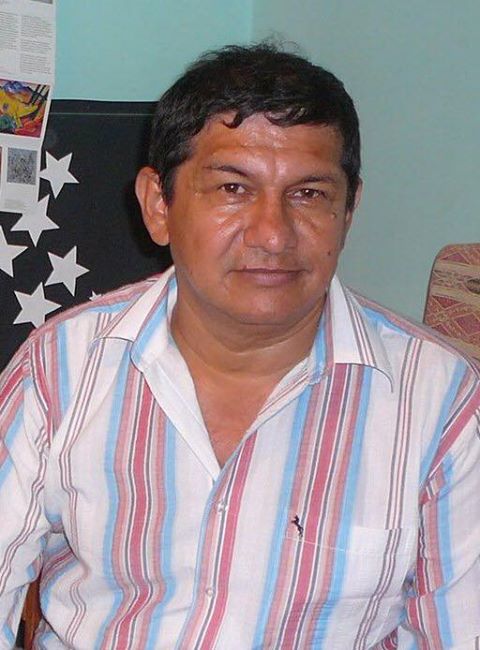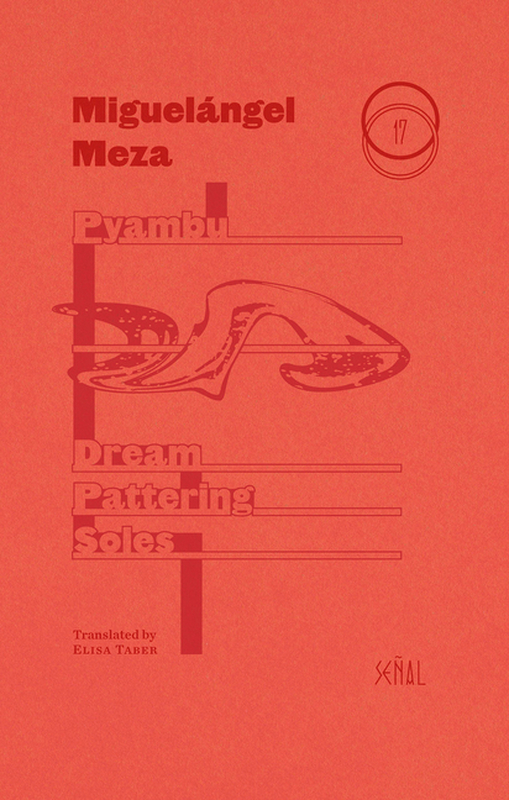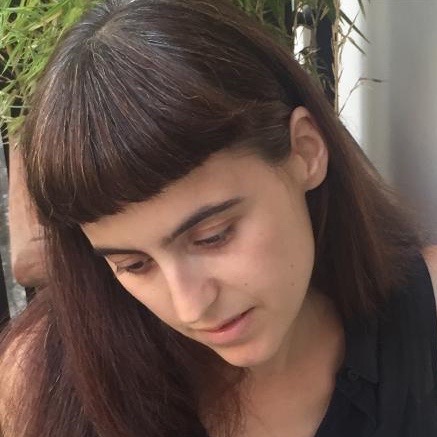In the valley. Dream pattering soles,vessel, full moon.Stream…nectar that oozes from fatiguing somnolence.Voice of the sleeper,the bones of the poor creak below.Night falls slowly.Moon, milk mother, blankets the ground there.Piercing whistle erupts goosebumps.Moaning nightmares surface.Chopombe paces out back.Palm wallsifts moon’s wild honey.The poor sleepwhere the sierras cave in,the poor sleep.Under the pindó, a dogand the poor person sleep. Mboriahu Yvyty rypy’ ũme. Pyambu,kambuchi, ñasaindy.Ysyry…topehýi kane’õ rykueyjúi syrypopo.Ñe’ãmbu,mboriahu ryñehẽ kangue kuágui ayvu.Mbegueve oguejy pyhare.¡Amo yvývo oñuã kamby sy!¡Oikytĩ pirĩ tuñe’ẽ!Heñói kerasy.Chopombe oguata okupére.Mbokaja retekueombogua eirete.Oke mboriahu.Yvyty kua ruguáre ag̃aĩ,oke mboriahu.Jaguami pindo guýpe aveiha oke mboriahu.
Poverty
Feature Date
- July 10, 2022
Series
- Translation
Selected By
Share This Poem
Print This Poem
© Miguelángel Meza, translation © Elisa Taber, from Dream Pattering Soles (Ugly Duckling Presse, 2021)

Miguelángel Meza is a Guaraní poet and cultural promoter born in Caacupé in 1955. He has contributed to numerous anthropological and linguistic research studies, as well as translations, and worked for the National Ministry of Culture of Paraguay. His books include Ita ha’eñoso (Alcándara), Perurima rapykuere (Ediciones Taller), and Perurima pypore (Servilibro). He is the founder of the cartonera press Mburukujarami Kartonéra, with which he has published numerous titles authored by him and others.

New York, New York
In Ita ha’eñoso / Ya no está sola la piedra Formerly and Again Known as Pyambu / Dream Pattering Soles a voice mournfully asserts “I appear” and the world begins. Miguelángel Meza’s words are signifiers without hierarchy within the lyric structure that reference the cosmological Mbyá Guaraní narratives. Thus, the origin of earth is traced to the utterance of the first ñe’ë, or word-soul. Meza’s authorial style and references to a millenary Amerindian culture jointly point to another way of conceiving the world. The counterintuitive way that he renders the individual out of the communal is reminiscent of the Paraguayan embroidery technique, ñandutí, which means spider’s web. Threads extracted from, rather than woven into, a fabric trace a geometric pattern. He imitates this practice by claiming authorship through his lyric synthesis of a communal narrative. The poet seems to say through those that came before him: identity lies in erasure, not mark-making.
"Miguelángel Meza's Dream Pattering Soles is a book that speaks directly to our times. Spiraling through themes of loneliness, poverty, and emptiness, the volume returns time and again to images of a natural world where the moon appears, 'as if ashamed to dawn on earth.' Taber's haunting translation from Guaraní and Spanish will echo in readers' minds for years to come."
— Paul Worley
Poetry Daily Depends on You
With your support, we make reading the best contemporary poetry a treasured daily experience. Consider a contribution today.




